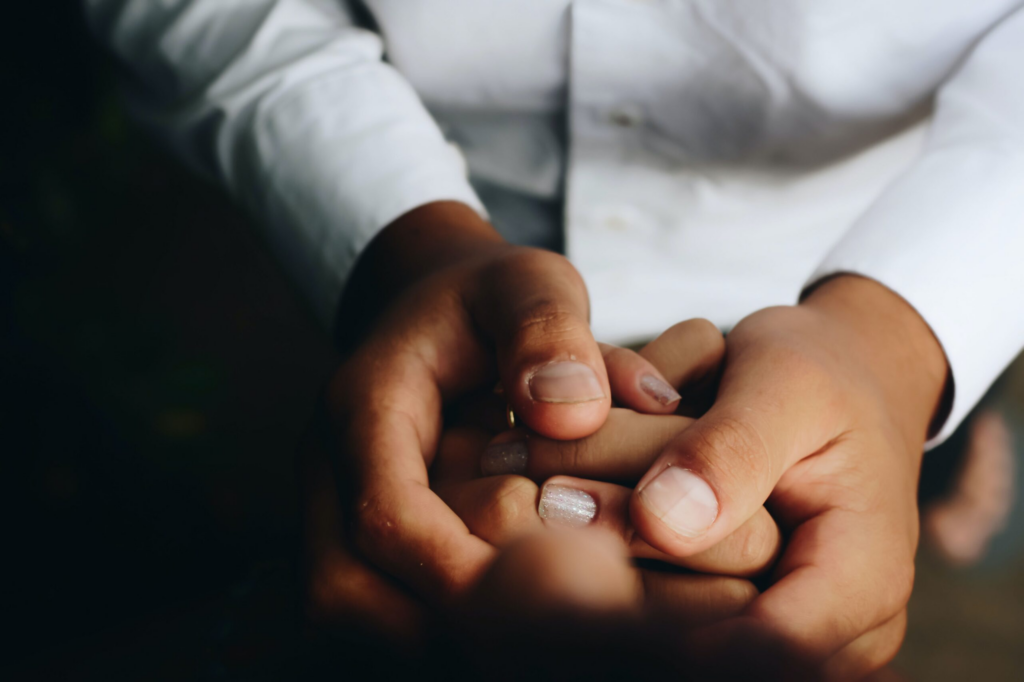For now, amid the COVID-19 crisis, the Miller-Dwan Foundation’s Caring Ways Cancer Center is closed. This temporary closure, however, doesn’t limit our desire for information. In fact, during some of our most traumatic and life-altering moments, we crave information. We seek out answers, and we want to know the facts.
Below, you’ll find a list of books vetted by Caring Ways Cancer Resource Center Manager, Christine Mitchell. Some are informational, some address spiritual pain and grief. All of them offer a clear understanding of what you, your loved, ones, neighbors and family members may be going through.
In addition to staying on top of the latest books, materials and resources, Chris helps cancer patients and their families navigate the cancer world. She assures the availability of mentors and support groups, she organizes retreats and works hard to educate our entire region. And she schedules classes like Qigong, guided meditation and yoga.
While the Center is closed, Chris is off caring for hospice patients, but she’ll return to the Center when it’s safe to do so. In the meantime, find these books online or make a note of them and borrow them from the Center when it re-opens.
Also, Chris says, check out this site: https://www.cancerhelpessentiahealth.org/index.html. It provides timely and accurate cancer information including information about cancer and COVID-19.
And now for the books:

The Patient’s Playbook by Leslie Michelson
A lifesaving resource for anyone dealing with serious illness (firsthand or otherwise), this manual of sorts should really be required reading for everyone. Written by Leslie D. Michelson, who has spent the bulk of his career advocating for and educating patients on getting the most out of a flawed health care system, The Patient’s Playbook is brimming with practical information on everything from collecting all necessary medical records, picking the right doctor, and the important questions to ask once you’ve settled on a specialist.
The Emperor of All Maladies: A Biography of Cancer by Siddhartha Mukherjee

Pulitzer Prize winning science writer Siddhartha Mukherjee’s comprehensive history of cancer covers a lot of bases: the first recorded case of cancer, early attempts at radiation therapy, along with the ongoing search for a cure. It’s a universally compelling—and refreshingly optimistic—read for anyone dealing with or simply curious about the disease.
Cancer Vixen by Marisa Acocella Marchetto

Cancer survivor and The New Yorker cartoonist, Marisa Acocella Marchetto is something of a hero for figuring out a successful approach to lending much-needed comic relief to a sad subject. Her best-selling graphic novel chronicles her 11-month battle with breast cancer and coming out the other side (vixen, rather than victim).
Memoir of a Debulked Woman by Susan Gubar

This is feminist writer and English professor, Susan Gubar’s brutally honest and graphic account of suffering through, and ultimately surviving, ovarian cancer—part of the grueling treatment involves the awful debulking operation that lent her memoir its title. It’s unapologetically emotional and can be difficult to read at times, but absolutely worth the tears.
The End of Your Life Book Club by Will Schwalbe

Both heartbreaking and irresistibly lovely, this moving memoir tells the story of editor Will Schwalbe and his mother, Mary Anne, who began an impromptu book club after she was diagnosed with cancer and began treatment. While it initially started as a way to pass the hours in waiting rooms for chemo, it became a doorway for them to talk about their life together.
A Widow’s Guide to Healing: Gentle Advice and Support for the First 5 Years by Kristin Meekhoff

The mere thought of loosing a spouse can send anyone into a tailspin, so it’s understandable that after the somewhat sudden death of her husband when she was in her early ’30s, Kristen Meekhoff felt hopeless and alone. Once she emerged from the haze of grief, she realized that in addition to the raw pain, what many widows feel is utterly misunderstood. Her book is part tactical survival manual and part etiquette guide for what to say—and not to say—to a widow.
Motherless Daughters by Hope Edelman

Loosing a loved one is indescribably difficult, but the loss of a mother has a profound life-altering and long-lasting effect on daughters, regardless of age or relationship. This modern-day classic explores the painful experience through a series of interviews with motherless daughters from all walks of life and has the potential to serve as a security blanket of sorts for anyone dealing with this particular brand of grief.
Anatomy of the Spirit: The Seven Stages of Power and Healing by Caroline Myss

This is the kind of classic that ends up dog-eared and marked up—you’ll find countless quotes and insights relating to all stages of a spiritual journey. Myss’ comments about negativity and its roots in and affect on disease are incredibly powerful tools for those going through a period of suffering—be it emotional or physical.
The Untethered Soul: The Journey Beyond Yourself by Michael A. Singer

Reading Michael Singer’s seminal work on spirituality and inner peace is a transformative experience. Singer’s wisdom encourages the separation of thought and emotion from the sense of self, an effective strategy for working with the ebbs and flows of your inner energy. It’s an incredible resource for powering through the difficult “why me?” moments associated with life’s most difficult struggles.
Chicken Soup for the Cancer Survivor’s Soul

Chicken Soup for the Soul was on the forefront of the modern spirituality and self-help genre, and it still looms large today, more than twenty years later. The Cancer Survivor’s edition assembled stories from hundreds of cancer survivors—it may seem like a trite title these days, but there’s nothing like this original to restore your faith in the goodness of those around you.
How To Be a Friend to a Friend Who’s Sick by Letty Cottin Pogrebin

Trying to say the right thing, actually being helpful, and generally providing support in the face of a serious diagnosis can be a fumbling and awkward mess for even the most well-intentioned friends. Letty Cottin Pogrebin wrote this comprehensive guide after getting through her own bout with breast cancer—the collective wisdom is gleaned from her own experience and those of her fellow patients at Memorial Sloan-Kettering. Her frank (and often humorous) writing style is enormously comforting.


